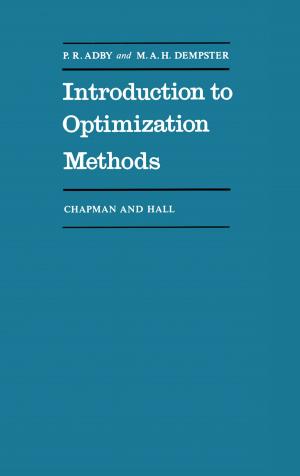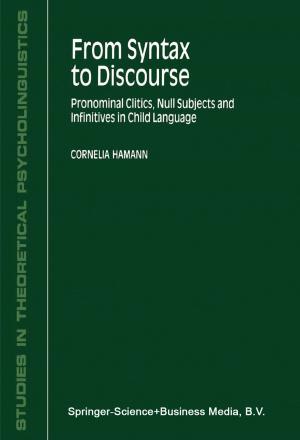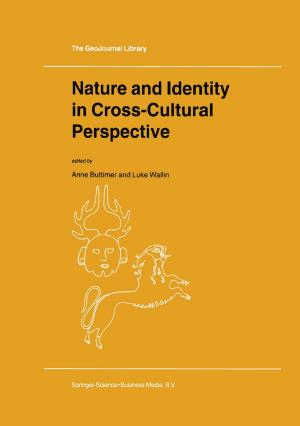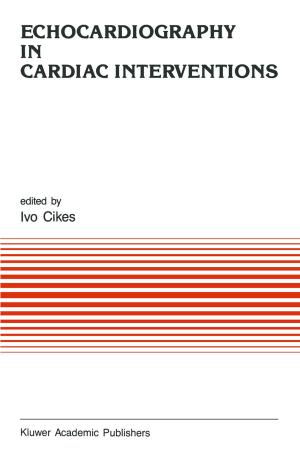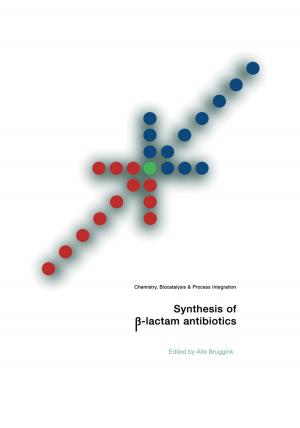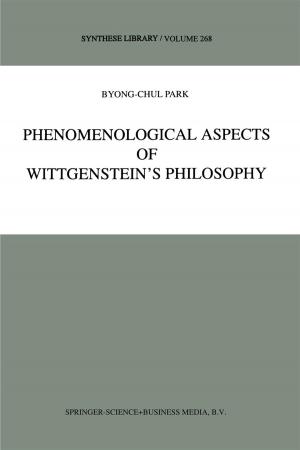Phi-features and the Modular Architecture of Language
Nonfiction, Reference & Language, Language Arts, Grammar, Linguistics| Author: | Milan Rezac | ISBN: | 9789048196982 |
| Publisher: | Springer Netherlands | Publication: | November 12, 2010 |
| Imprint: | Springer | Language: | English |
| Author: | Milan Rezac |
| ISBN: | 9789048196982 |
| Publisher: | Springer Netherlands |
| Publication: | November 12, 2010 |
| Imprint: | Springer |
| Language: | English |
This monograph investigates the modular architecture of language through the nature of "uninterpretable" phi-features: person, number, gender, and Case. It provides new tools and evidence for the modular architecture of the human language faculty, a foundational topic of linguistic research. At the same time it develops a new theory for one of the core issues posed by the Minimalist Program: the relationship of syntax to its interfaces and the nature of uninterpretable features. The work sets out to establish a new cross-linguistic phenomenon to study the foregoing, person-governed last-resort repairs, which provides new insights into the nature of ergative/accusative Case and of Case licensing itself. This is the first monograph that explicitly addresses the syntactic vs. morphological status of uninterpretable phi-features and their relationship to interface systems in a similar way, drawing on person-based interactions among arguments as key data-base.
This monograph investigates the modular architecture of language through the nature of "uninterpretable" phi-features: person, number, gender, and Case. It provides new tools and evidence for the modular architecture of the human language faculty, a foundational topic of linguistic research. At the same time it develops a new theory for one of the core issues posed by the Minimalist Program: the relationship of syntax to its interfaces and the nature of uninterpretable features. The work sets out to establish a new cross-linguistic phenomenon to study the foregoing, person-governed last-resort repairs, which provides new insights into the nature of ergative/accusative Case and of Case licensing itself. This is the first monograph that explicitly addresses the syntactic vs. morphological status of uninterpretable phi-features and their relationship to interface systems in a similar way, drawing on person-based interactions among arguments as key data-base.


